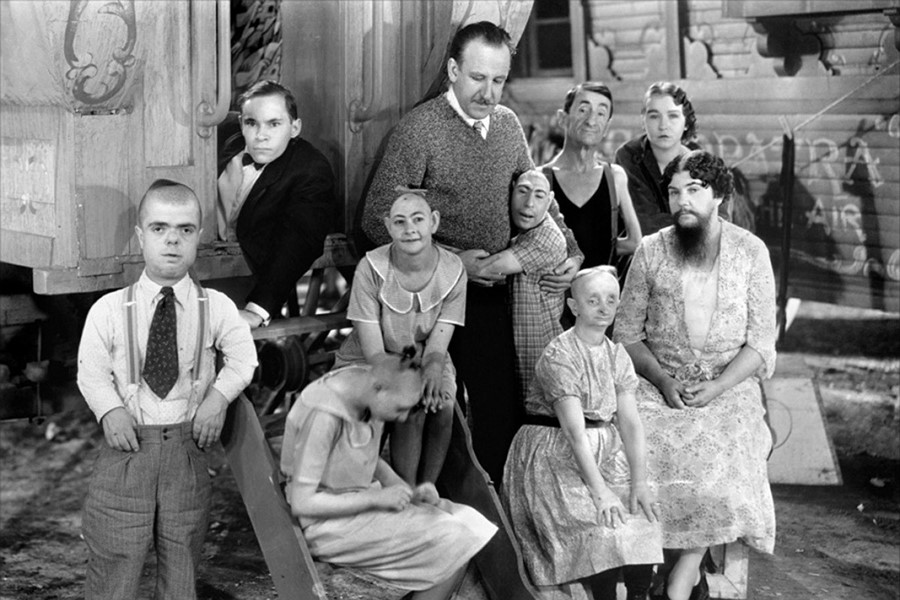Our five favourite controversial movies that the authorities would rather you missed
Until 1978 women could lose their jobs for being pregnant, boys in the 50s would get kicked out of school if their hair touched their ears, female soldiers didn’t exist before 1948 and homosexuality was only decriminalised in the UK in 1967. Considering this, it’s not surprising that over the years many films have falled victim to over-assiduous morality checks, being banned from cinemas for revealing sides of life apparently too dangerous for the public to see. Freaks, Tod Browning's 1932 story of sideshow performers, was one of the casualties of the stern arm of the censor, remaining off British screens for more than 30 years before becoming a cult classic in the late 60s. To mark its big-screen release today, we celebrate our five favourite film classics which overcame their initial bans to become cult today.
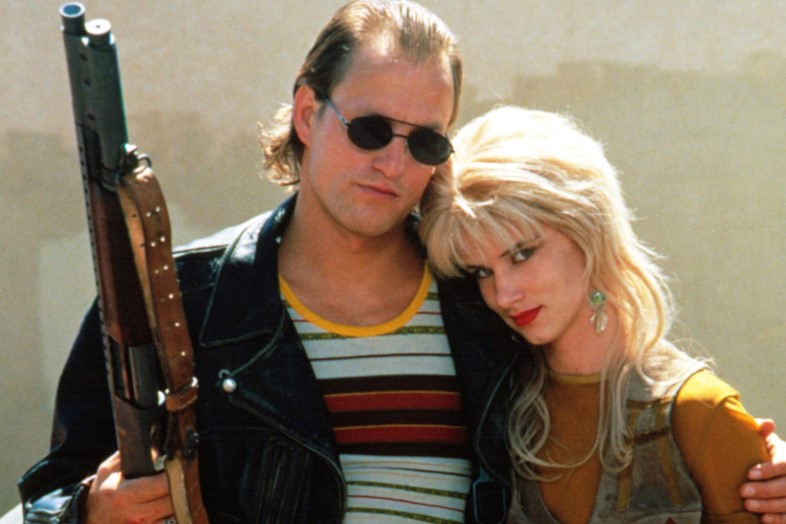
Natural Born Killers (1994)
Defined by Entertainment Weekly as the eighth most controversial movie of all time, Oliver Stone's crime film was banned in Ireland and denied distribution in the United States until the most violent parts were edited out. Based on a screenplay by Quentin Tarantino, it tells the story of two lovers/mass murderers who are dangerously hyped by the media, appearing on magazine covers and t-shirts. An unfiltered glorification of crime, the movie is thought to have encouraged a number of copycat killings, including the 1999 Columbine High School massacre in Colorado, during which 12 people were shot dead, as the murderers supposedly yelled lines from the film. While the movie remained a subject of debate for a good while, the characters of Mickey and Mallory become cult heroes, prooving the fact that controversy is the most efficient form of publicity.
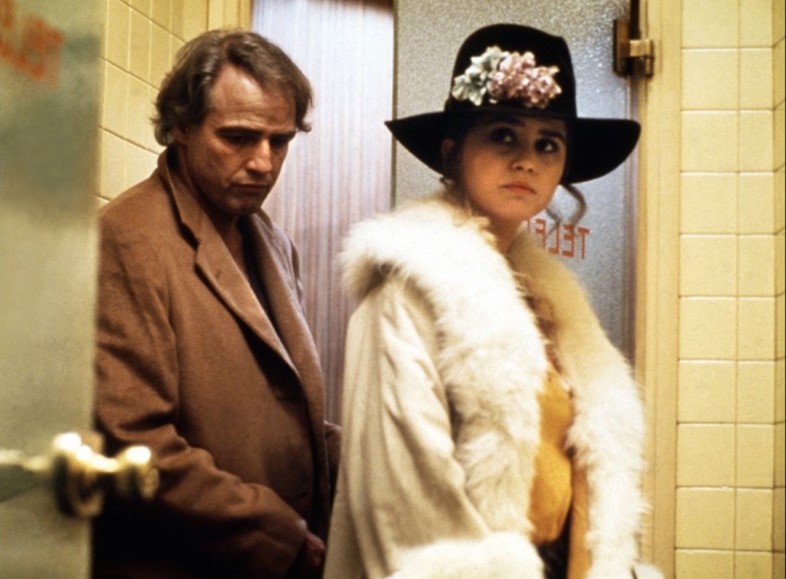
Last Tango in Paris (1972)
Now recognised as one of Bernardo Bertolucci’s best works, when it first came out Last Tango in Paris was considered indecent and was censored by many governments. Adding to the scandal were rumours of the director emotionally abusing the actors during the filming of some erotic scenes. The story of a recently widowed American man played by a flamboyant Marlon Brando who falls passionately in love with a young Parisian woman, Last Tango in Paris was disallowed in countries like Chile, Portugal, South Korea and parts of Canada, while an X-rated cut was released in the US. In Italy, authorities detained and burned all copies and the famed auteur was charged with a four-month sentence for obscenity. Despite the heavy criticism, the critics loved it, and both Bertolucci and Brando received Academy Award nominations.
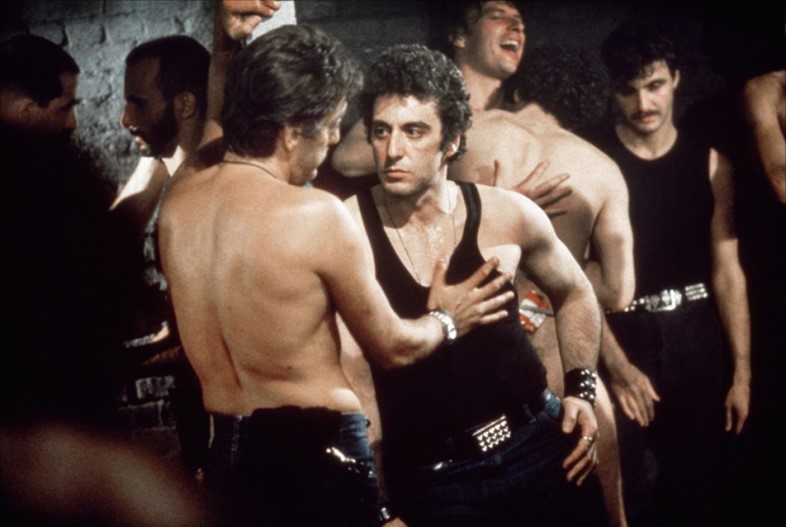
Cruising (1980)
Director William Friedkin was forced to cut out nearly 40 minutes of footage before his homosexually-themed film could see the light in 1980. But difficulties arose well before release, with angry gay rights activists denouncing the movie as a homophobic attack inciting violence against the gay community and picketing screenings. The psychological thriller finds Al Pacino playing an undercover detective who investigates the underworld of New York leather bars, which are being targeted by a serial killer. Although the negative reception resulted in a low box office debut and the film was banned in Finland, Iran and South Africa, its cinematic and cultural significance has been reconsidered in recent years – ironically, the main criticism flung at it today is that the central subject of homosexuality isn't explored deeply enough.
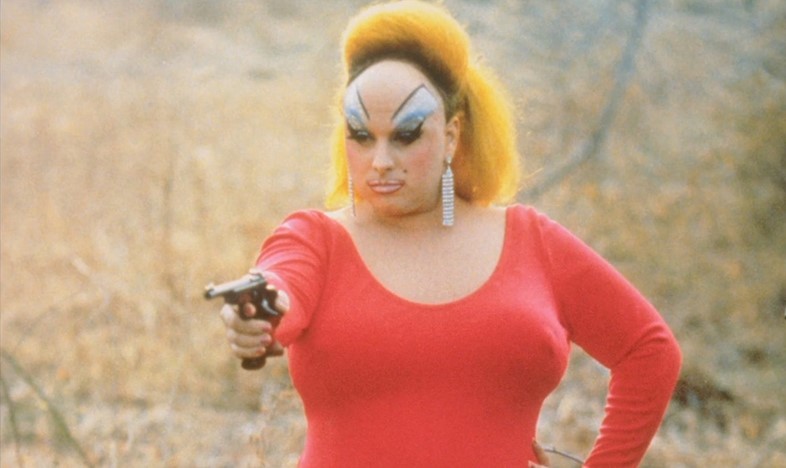
Pink Flamingos (1972)
Watching Pink Flamingos is like looking at a beautifully lit pile of trash. Arguably John Waters’ finest movie – which he not only directed but also wrote, produced, scored, shot and edited on a budget of only 10,000 dollars – it follows the life of a fleshy, dressed-up-to-the-nines drag queen named Divine and her eccentric, criminal family as they compete against a rival Baltimore couple to keep their title of "filthiest people alive". Due to its explicitly kinky character, the film was only granted circulation in Canada but not before heavy editing, and was banned in Australia and Norway until the late 80s. Outrageously tasteless, ghastly and grotesque, the film is also raucously funny, filled with killer lines and inexplicable scenes, from stories of kidnap and chicken-crushing to a revolting dog poo-eating finale. Although reproduction has been discontinued in many countries, including the UK, Pink Flamingos, in all its perversion, remains unforgettable.
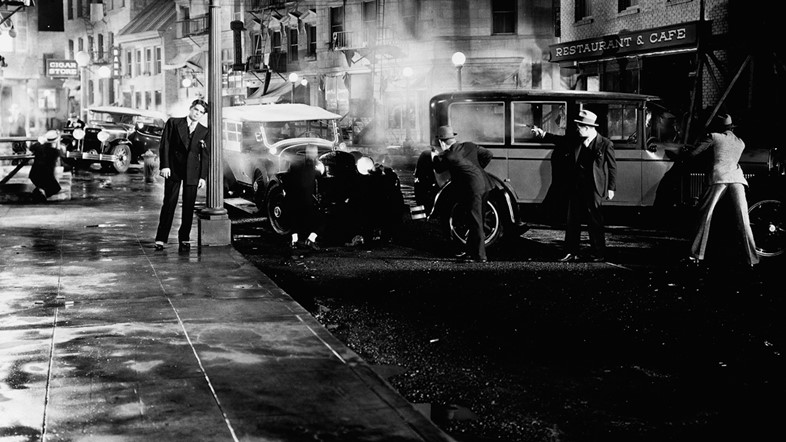
Scarface (1932)
No, not that Scarface. This is the Howard Hawks-directed 1932 original, a gangster tale set in the prohibition era. Depicting extortion and murder through the rise and fall of Al Capone-alike Tony Comante, it was seen as a threat to the law and was banned in several states in North America. Even after the ending was changed and multiple sequences were cut, Scarface's blunt representations of violence prompted disgust and rumours – it was said that for the sequence where a body gets thrown out of a taxi, they had used an actual corpse. It was a box office failure, causing producer Howard Hughes to halt distribution, but in 1979, Universal re-released the movie, inspiring Brian De Palma to get started on his successful remake.
Freaks is in cinemas now.
